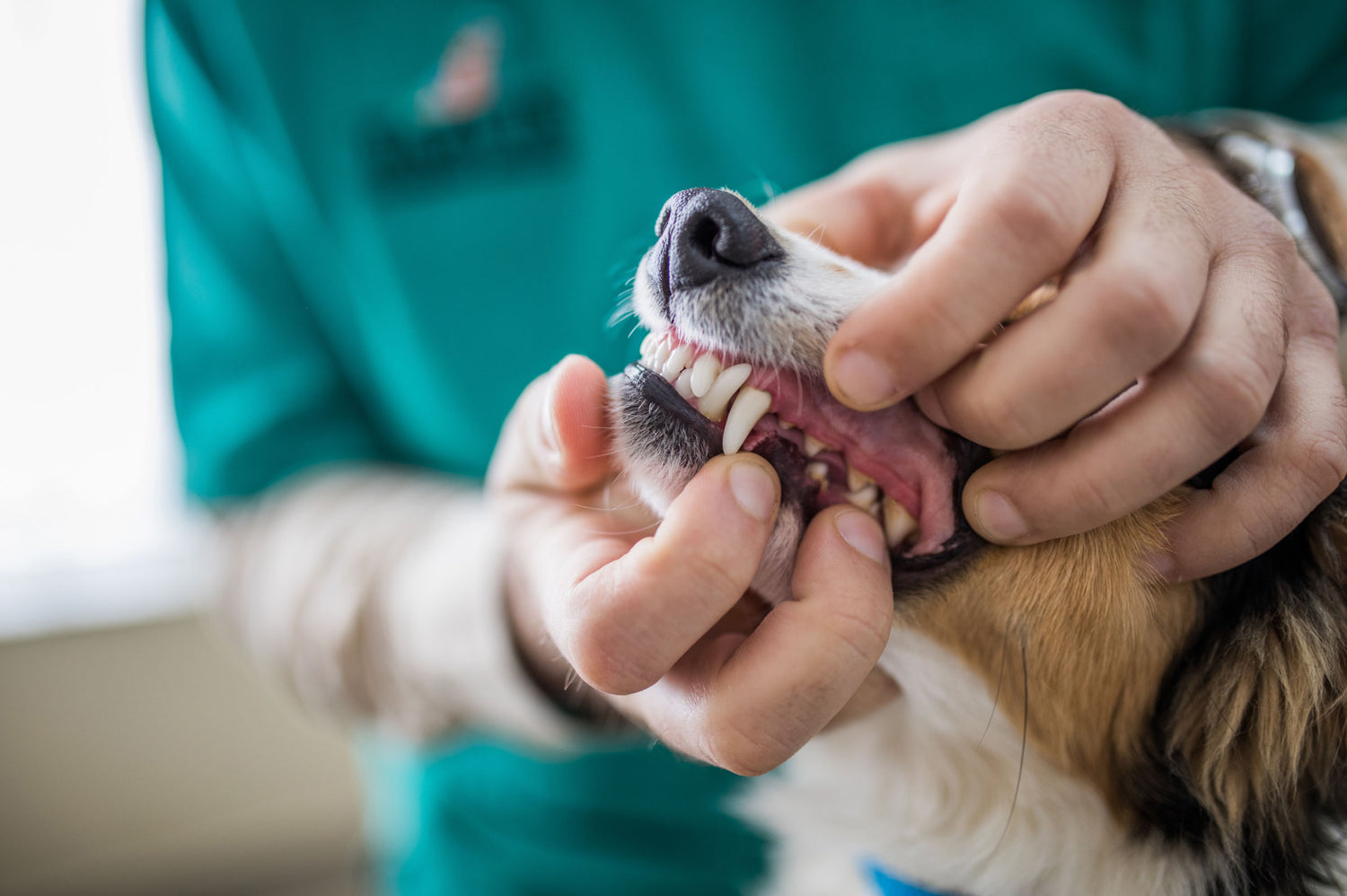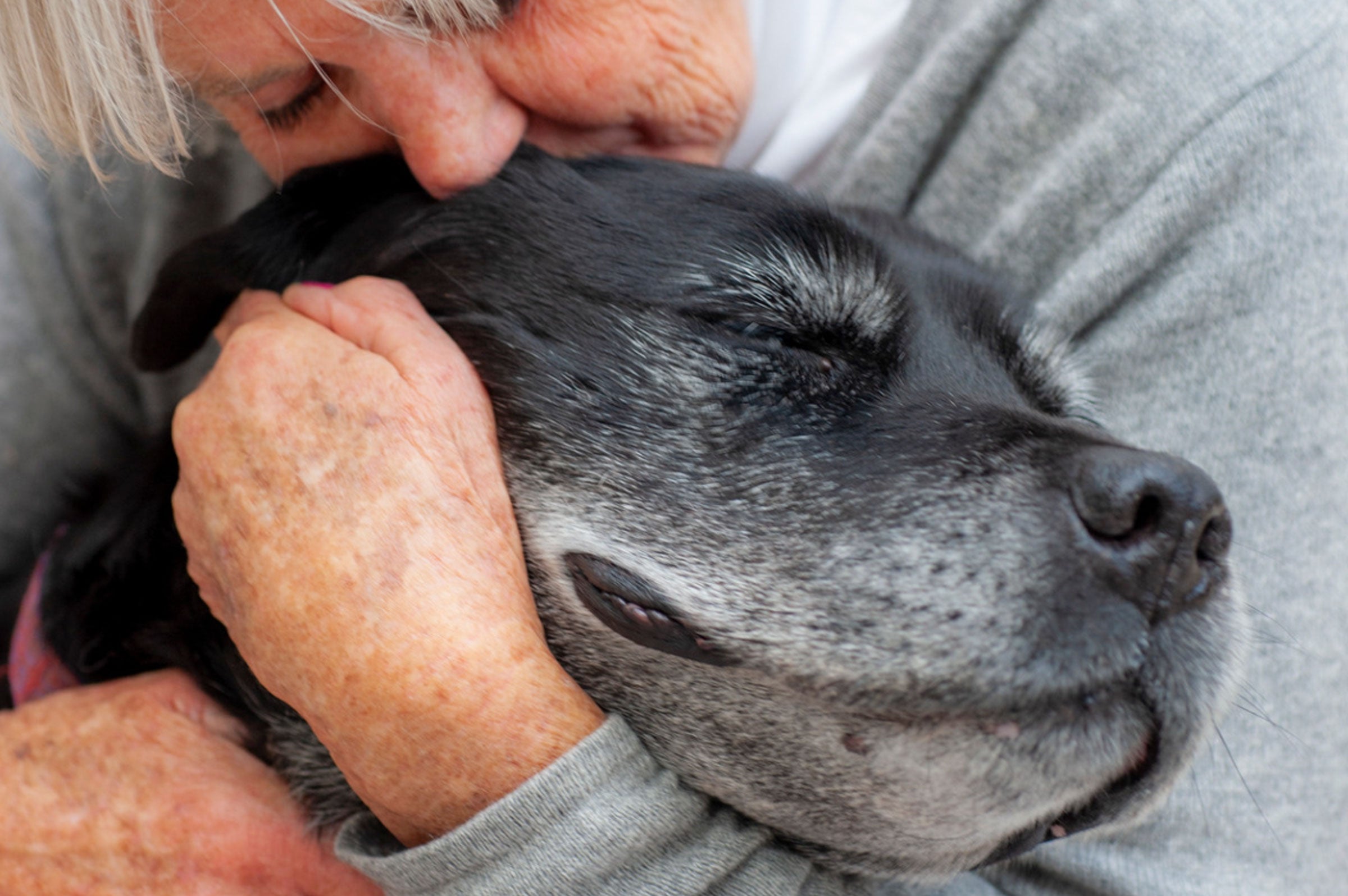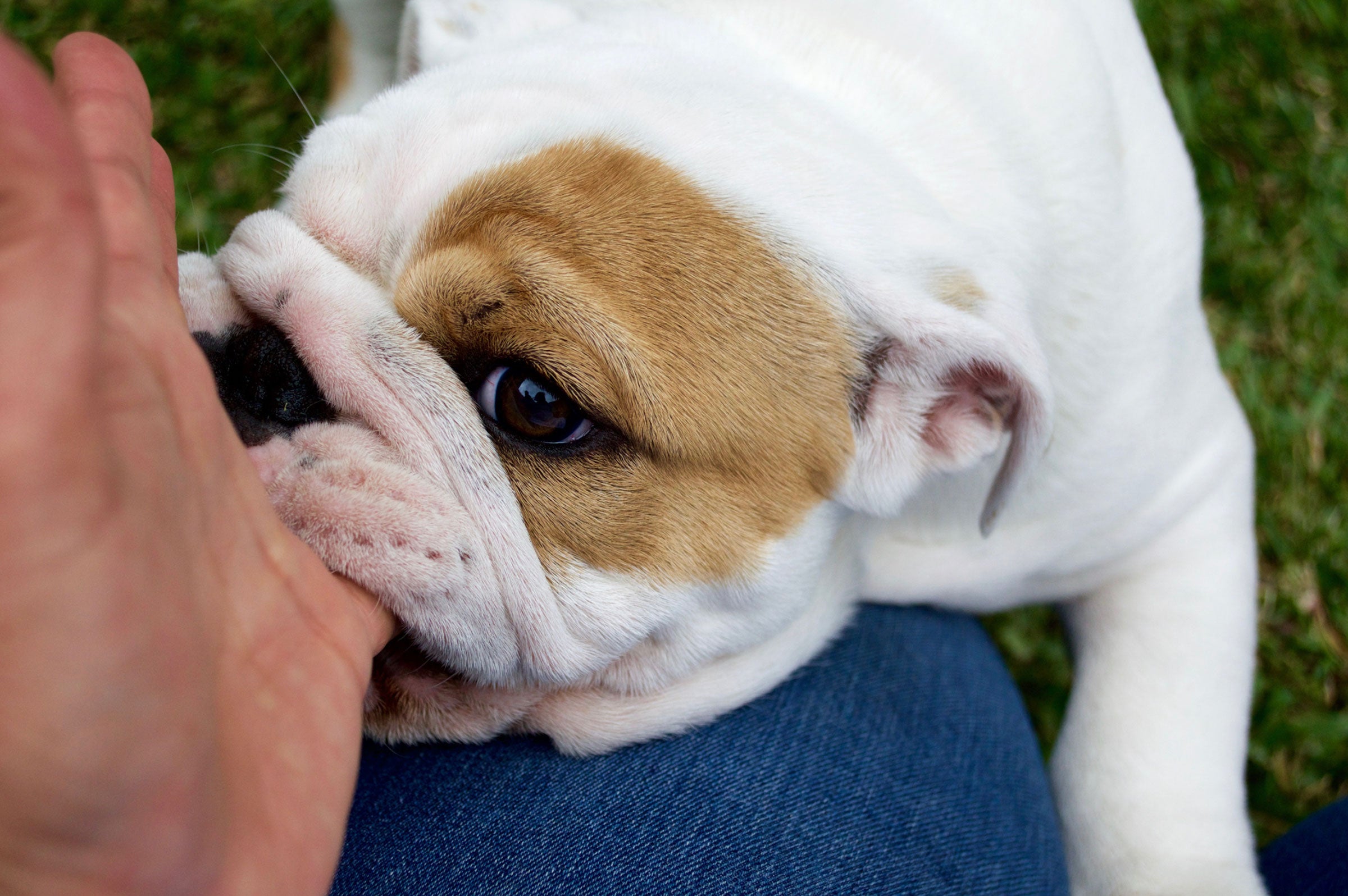Regular dental care is essential for maintaining the overall health and well-being of our canine companions. Just like humans, dogs require dental cleanings to prevent dental disease and maintain oral hygiene. However, some pet owners may notice that their dogs experience nausea or gastrointestinal upset following a dental cleaning procedure. In this blog post, we'll explore the reasons why dogs may experience nausea after a tooth cleaning and offer guidance on how to address and alleviate their discomfort.
Sedation and Anesthesia
Dental cleanings for dogs often require sedation or anesthesia to ensure their safety and comfort during the procedure. While these medications are generally safe, they can sometimes cause temporary side effects such as nausea or drowsiness. Dogs may experience mild to moderate nausea as they recover from the effects of anesthesia, which typically resolves within a few hours to a day. PetMD offers some advice on recognizing nausea in dogs, and what to do.
Changes in Diet or Feeding Routine
Following a dental cleaning, veterinarians may recommend withholding food or water for a period of time to prevent vomiting and aspiration during recovery. Once your dog is allowed to eat and drink again, it's essential to reintroduce food gradually and avoid overfeeding.
Sudden changes in diet or feeding routine can upset your dog's stomach and lead to nausea or vomiting. It is also recommended to feed wet, soft food as opposed to kibble after a dental procedure. This means that your dog may be reacting to a sudden change in food.
Medications and Antibiotics
In some cases, veterinarians may prescribe medications or antibiotics to prevent infection or manage pain following a dental cleaning. While these medications are necessary for your dog's recovery, they can sometimes cause gastrointestinal upset as a side effect. If your dog experiences nausea or vomiting after taking medication, consult with your veterinarian for guidance on adjusting the dosage or administering the medication with food.
Post-Operative Pain or Discomfort
Dental cleanings involve scaling, polishing, and sometimes extractions, which can cause mild to moderate discomfort or soreness in your dog's mouth. Dogs may experience nausea or reluctance to eat due to pain or tenderness in their gums and teeth. Providing soft or moist food options and avoiding hard or abrasive treats can help alleviate discomfort and encourage your dog to eat.
Dehydration and Fluid Balance
Dogs may become dehydrated during and after a dental cleaning procedure, particularly if they were fasting or under anesthesia. Dehydration can exacerbate nausea and gastrointestinal upset, so it's essential to ensure your dog has access to fresh water and encourage them to drink regularly. If your dog shows signs of dehydration, such as dry gums, lethargy, or sunken eyes, contact your veterinarian immediately.
Monitoring and Supportive Care
If your dog experiences nausea or gastrointestinal upset following a dental cleaning, it's essential to monitor their condition closely and provide supportive care as needed. Offer small, frequent meals of bland, easily digestible food such as boiled chicken and rice to soothe your dog's stomach and prevent further irritation. If symptoms persist or worsen, contact your veterinarian for further evaluation and guidance.
Preventive Measures for Future Cleanings
To minimize the risk of nausea or gastrointestinal upset during future dental cleanings, discuss your concerns with your veterinarian beforehand. They can tailor the anesthesia protocol, medications, and post-operative care plan to minimize the likelihood of adverse reactions and ensure your dog's comfort and well-being.
Additionally, keeping up with home dental care can reduce the number of times your furry friend needs to have veterinary dental cleanings done. Home toothbrushing and dental treats are always a good thing to do, however many dogs can be problematic when getting their teeth brushed. Our Total Oral Care Spray is a great alternative to brushing, and sprayed into your dog’s mouth, or even added to their water.
In conclusion, nausea and gastrointestinal upset are potential side effects that some dogs may experience following a dental cleaning procedure. By understanding the reasons behind these reactions and providing appropriate supportive care, you can help alleviate your dog's discomfort and promote a smooth recovery. If you have any concerns or questions about your dog's recovery from a dental cleaning, don't hesitate to reach out to your veterinarian for guidance and support.











